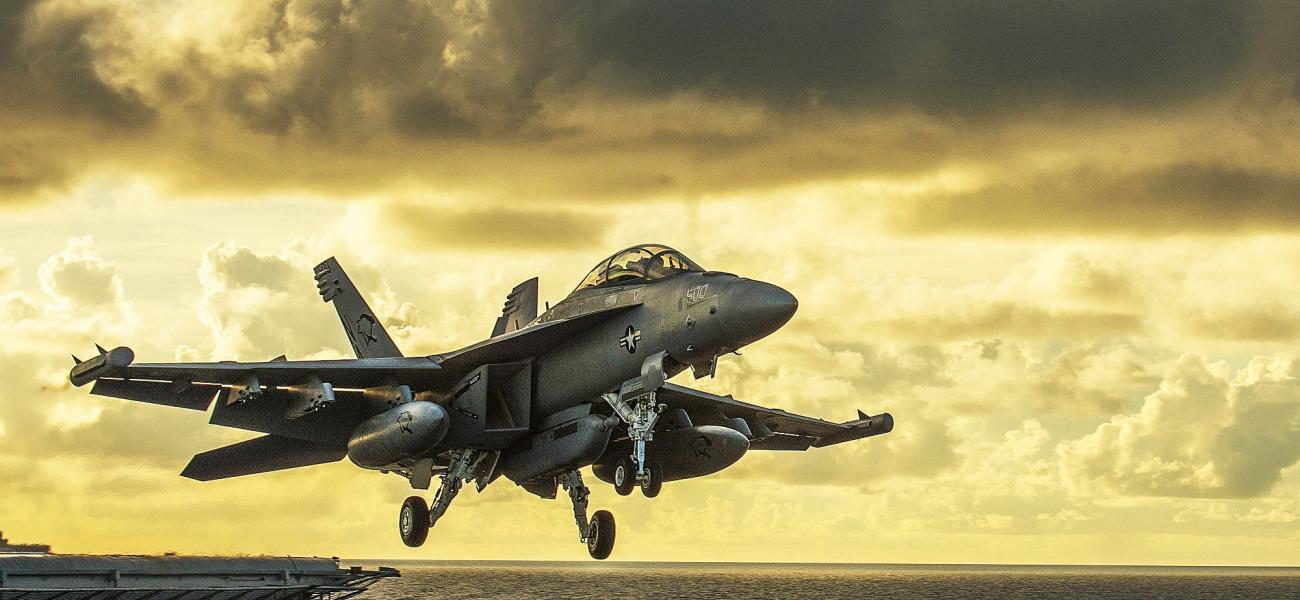
NATO's Northeastern Flank—Emerging Opportunities for Engagement
This report originally appeared on the RAND Corporation website.
Russian aggression in Ukraine, combined with Russian snap exercises on NATO's borders, multiple aerial incursions into NATO and partner territory, cruise missile modernization, nuclear modernization, anti-Western rhetoric and domestic political uncertainty, have forced a deep reassessment of U.S. strategy, plans and posture in Europe and other regions in which Russia is active. Renewed tensions with Russia have important implications for Air Force strategy, posture and regional engagement in Europe. RAND was thus asked to assess opportunities for enhanced partnering in the region in the face of Russian aggression, and the study for which this document is the executive summary focuses on the implications of the changing relationship with Russia for U.S. Air Force partnership activities in a group of key allies and partner states in northeastern Europe.
Key Findings
- U.S. defense priorities in central Europe are shifting.
- Key countries where new opportunities for deeper partnerships are emerging include the Baltics, Finland, Poland and Sweden.
- U.S. engagement strategy should focus on strengthening deterrence in the Baltic states.
Recommendations
- Poland: Ensure a secure logistics and staging point for forward based U.S./NATO operations in the region.
- Sweden and Finland: Support efforts toward their capability to defend their airspace for extended periods with high confidence and minimal U.S./NATO support so they can serve as a launching point for allied logistics and air operations of the Baltics if needed.
- Baltic states: Ensure these states can rapidly receive allied ground forces and support allied air forces, for deterrence in peacetime as well as in a crisis.
Christopher S. Chivvis
Christopher S. Chivvis is associate director of the International Security and Defense Policy Center and a senior political scientist at the RAND Corporation.
Raphael S. Cohen
Raphael S. Cohen is a political scientist at the RAND Corporation.
Bryan Frederick
Bryan Frederick is a political scientist at the RAND Corporation.
Daniel S. Hamilton
Daniel S. Hamilton is the executive director of the Center for Transatlantic Relations at Johns Hopkins School of Advanced International Studies.
F. Stephen Larrabee
F. Stephen Larrabee is a senior political scientist at the RAND Corporation, its distinguished chair emeritus in European Security and a member of the Pardee RAND Graduate School faculty.
Bonny Lin
Bonny Lin is an associate political scientist at the RAND Corporation.
